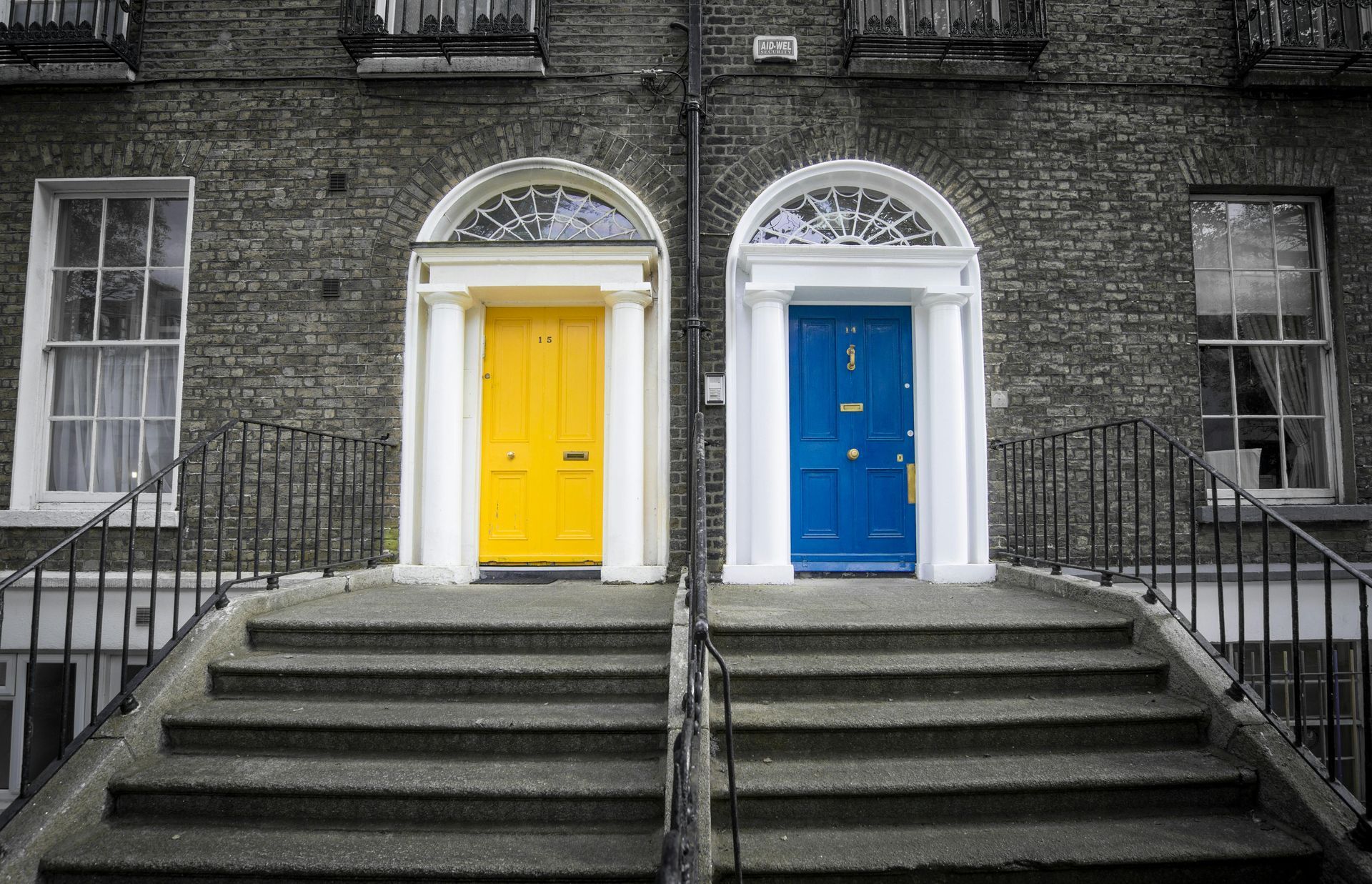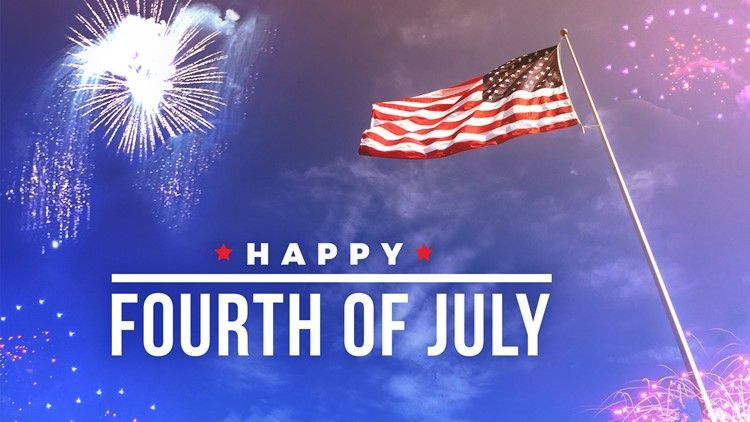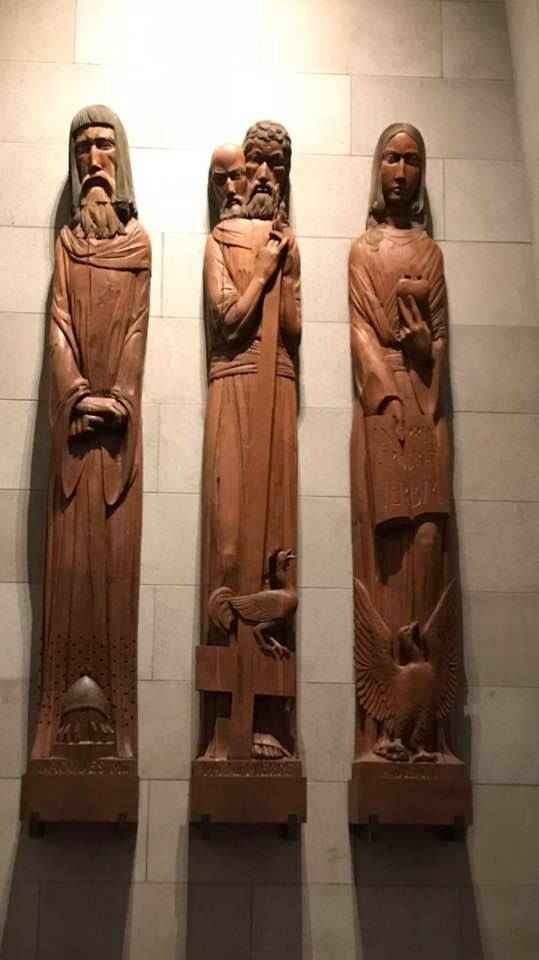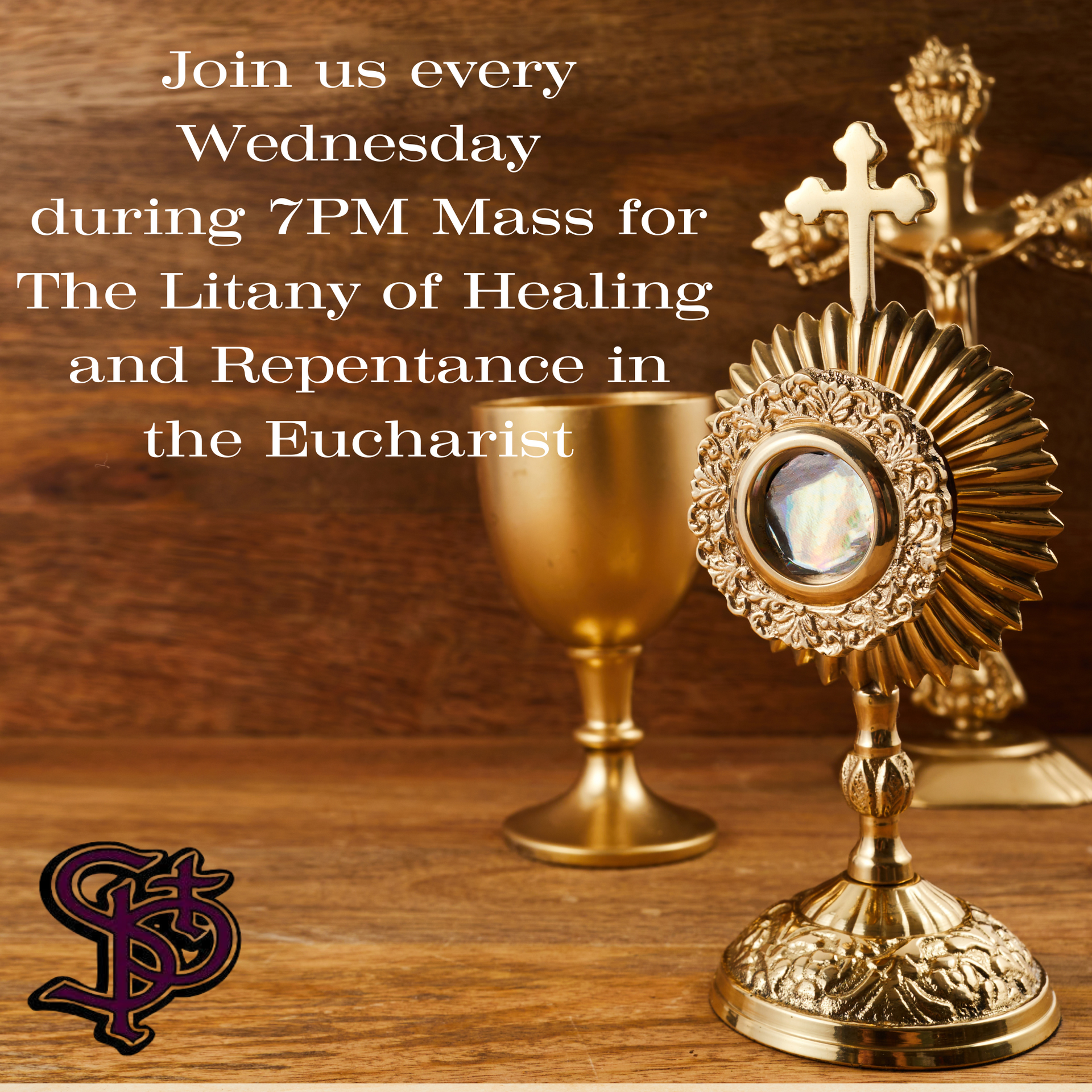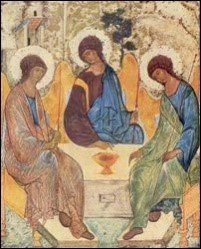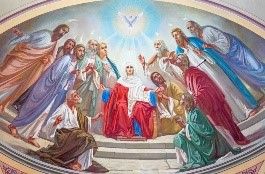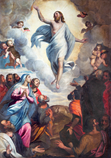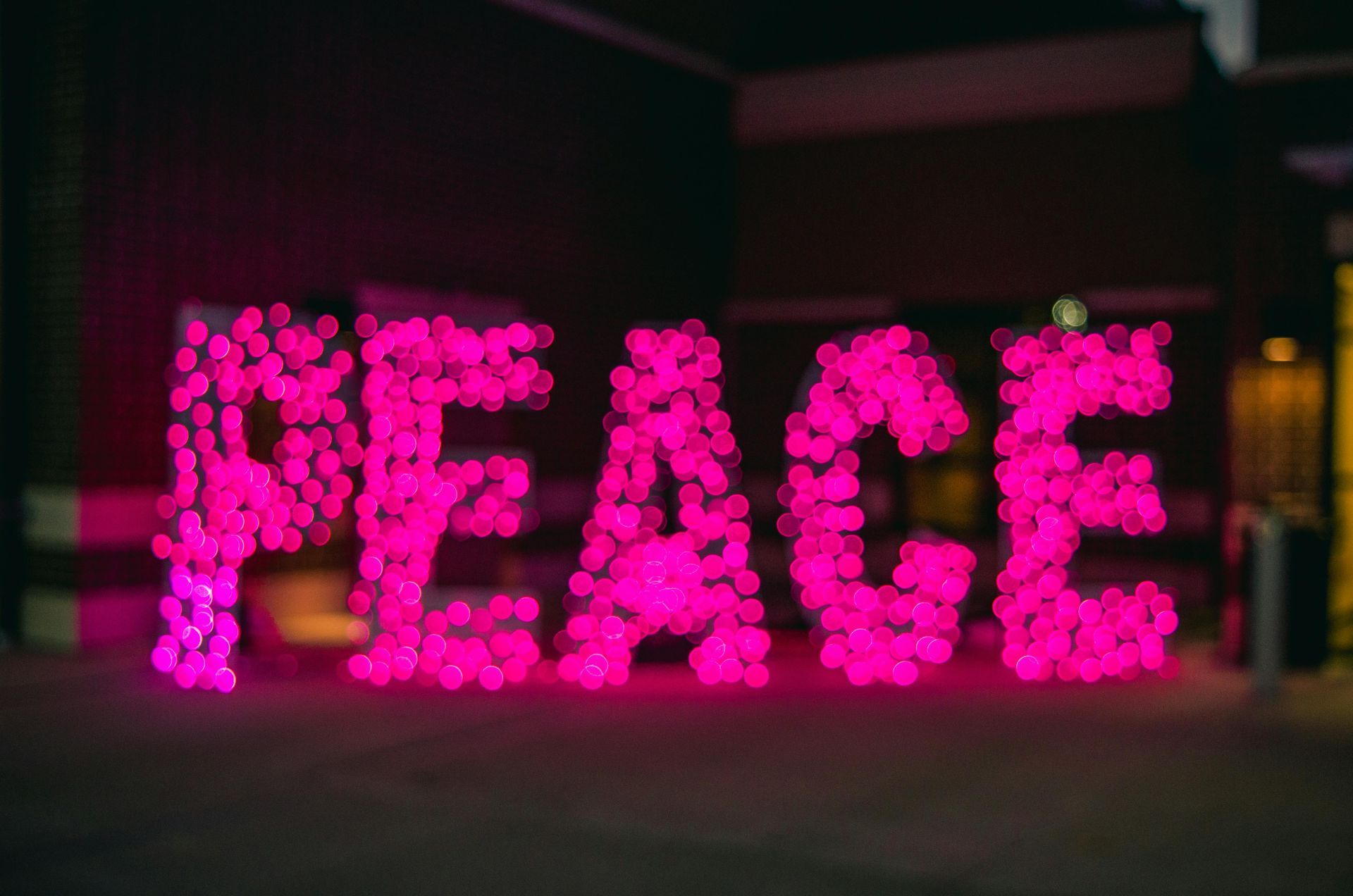The Covenant
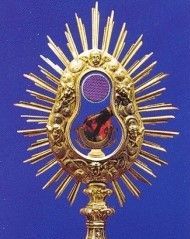
Joke: Grandma told her little grandson: “Be a good boy. At the end of the world, all the disobedient and bad people will be cast into fiery hell where there will be weeping and gnashing of teeth.” The little boy raised an intelligent doubt. “Grandma, you don’t have any teeth and you always quarrel with others. How would you gnash your teeth when you are cast into hell?” Grandma replied: “You naughty boy, don’t you know that teeth will be provided in hell.”
Just as eating requires teeth to grind the food into particles before it’s transformed into the blood to nurture our physical body, the Body and the Blood of Christ which we receive at Mass require not only the teeth, but a worthy of heart, mind, and soul so that the Body and the Blood of Christ will be transformed into the Blood of the Divinity to nurture our spiritual soul. Our spiritual soul is so important that today, the Church celebrates the food and the drink that nurture our spiritual soul which is called the Most Holy Body and Blood of Christ. Has Christ meant to feed us with his real physical Body and Blood? Or it’s just symbolic under the forms of bread and wine? What do we receive at Mass? Do we receive the bread and the wine; or do we receive the Body and the Blood of Christ? In many places throughout the world, time after time, the host is found bleeding like in Argentina, Poland, or in Sentarem, Portugal, where some of us went on a pilgrimage to Portugal a few years ago that we had a chance to come to see the Eucharistic Miracle, the Host was bleeding. After the consecration at the Eucharistic Prayer, the essence of the bread and the wine changed into the Body and Blood of Christ, but not the bread and the wine themselves. The taste of the bread and the wine might not change, but the essence of the bread and wine changed into the Body and the Blood of Christ. Therefore, at our Communion, we might still taste the bread and the wine in which their essence turned into the Body and Blood of Divinity. How do we know the essence of these species changed? We only know when we have faith, and when we keep the covenant with the Lord. Each one of us makes a covenant with the Lord at our baptism that through our baptism, we are invited to live out our baptismal call to be priests, prophets, and kings. Every time we come to Mass, we are reminded of the covenant the Lord Jesus made with us by shedding his life for the sake of our salvation.
When is the last time you hear the word “covenant” in conversation with someone? When was the last time you heard the word “covenant” mentioned in the news? Where have you heard the word “covenant” mentioned?
The word “covenant” might not be heard a lot in conversation or the news, but you hear it all the time when you attend Mass, not only on weekends and Holy Days of obligation but daily Mass as well. What is the covenant? Why is it mentioned at Mass, particularly at the Eucharistic Prayer?
Covenant, according to Merriam-Webster Dictionary, is a usually formal, solemn, and binding agreement. In today’s first reading, taken from the book of Exodus, with the blood of the young bulls, Moses sprinkled it on the people to formally make a binding agreement between the Lord and his people. The covenant of the New Testament is not the blood of the bulls, but it is the blood of the Son of God, the Lord Jesus Christ that at his last supper with his disciples, as reported in today’s Gospel, he took a cup, gave thanks, and gave it to them, and they all drank from it. He said to them, “This is my blood of the covenant, which will be shed for many.” On the Cross, the blood flows out from his side, the covenant he makes for the forgiveness of sins of many. At every Mass, the priest, in the person of Christ, takes the chalice, he bows slightly saying, “Take this, all of you, and drink from it, for this is the chalice of my blood, the blood of the new and eternal covenant, which will be poured out for you and for many for the forgiveness of sins. Do this in memory of me.” Christ’s blood is the new and eternal covenant poured out for us for the forgiveness of sins. Saint Paul understands and teaches us in today’s second reading that Christ, “is [the] mediator of a new covenant: since a death has taken place for deliverance from transgressions under the first covenant, those who are called may receive the promised eternal inheritance.”
Today, the Church celebrates the Solemnity of the Most Holy Body and Blood of Christ. The Gospel of Saint Mark reminds us that what we receive at Mass is not a piece of bread and a sip of wine, but it is the Body of Christ and the blood of the covenant that will be shed for many. Each time we receive Communion, the Most Holy Eucharist, we are reminded of the covenant the Lord Jesus Christ made with us for the forgiveness of our sins and the sins of the whole world. May we come more often to receive the Most Holy Body and the Blood of Christ for the forgiveness of our sins and the sins of the whole world. The decision is yours.

